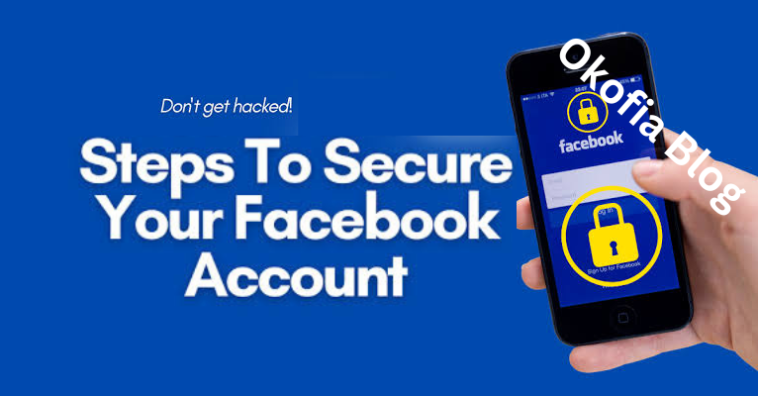In an age where digital footprints are virtually unavoidable, the security of your online presence becomes paramount. Among the most popular platforms, Facebook stands tall with over 2.8 billion active users, attracting not just legitimate users but also hackers and scammers. In this weekly info-tech blog, we’ll unravel the mysteries of regaining control over a hacked Facebook account and shed light on the tactics employed by scammers and hackers.
The Scammers’ Stealthy Infiltration
Imagine waking up one morning, logging into your Facebook account, only to find that you’re locked out. Panic sets in. What do you do next? This is the nightmare that countless individuals experience every day as hackers and scammers run rampant in the digital realm.
Scammers don’t come with warning signs; they operate surreptitiously, infiltrating your digital life without a hint. Their tactics are nothing short of a psychological onslaught. They craft messages that trigger confusion, making you question the authenticity of what you’re seeing. It’s like a dose of uncertainty injected into your online experience.
The Rise of Social Media Tricksters
Today’s scammers are the true masters of modern social media. They prey on human emotions, exploiting fear, curiosity, and even greed. They manipulate your trust in the online community, leaving you vulnerable to their schemes. It’s essential to stay vigilant at all times because, as the saying goes, “Fool me once, shame on you; fool me twice, shame on me.”
Reclaiming Your Hacked Facebook Account
While I may not be a computer geek, I’ve gathered some knowledge on dealing with the worms, trojans, and malicious viruses that hackers and scammers deploy to corrupt and incapacitate your computers. Here are some steps to reclaim your hacked Facebook account:
- Change Your Password: The first and most crucial step is to change your password immediately. Ensure that the new password is strong and unique, combining letters, numbers, and special characters.
- Enable Two-Factor Authentication (2FA): Activate 2FA for an added layer of security. This ensures that even if hackers have your password, they won’t be able to access your account without the second authentication factor.
- Scan for Malware: Run a comprehensive malware scan on your computer using reputable antivirus software. This can help identify and remove any malicious software that might have allowed the hack to occur.
- Check Email Account: Ensure that your email account associated with Facebook is secure. If hackers have access to your email, they can easily reset your Facebook password. Change your email password and set up 2FA for your email as well.
- Contact Facebook Support: If you can’t regain access to your account through the standard recovery process, reach out to Facebook’s support team. They have resources to assist you in recovering your account.
- Review Activity Log: Once you regain access, review your Facebook activity log to check for any unauthorized actions. Remove any suspicious posts or connections.
- Educate Yourself: Learn about common phishing tactics and scamming schemes to avoid falling victim again. Always be cautious when clicking on links or sharing personal information online.
Final Thoughts: Stay Informed and Stay Safe
In a world where the internet connects us all, it’s crucial to protect our digital identities. Hackers and scammers are relentless, but with the right knowledge and proactive steps, you can safeguard your online presence. Remember the age-old adage: “If it sounds too good to be true, it probably is.” Stay informed, stay safe, and enjoy the journey of mastering computer networking skills to defend yourself in this digital age.

